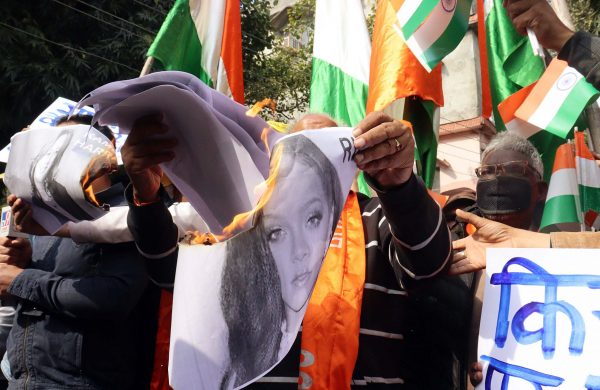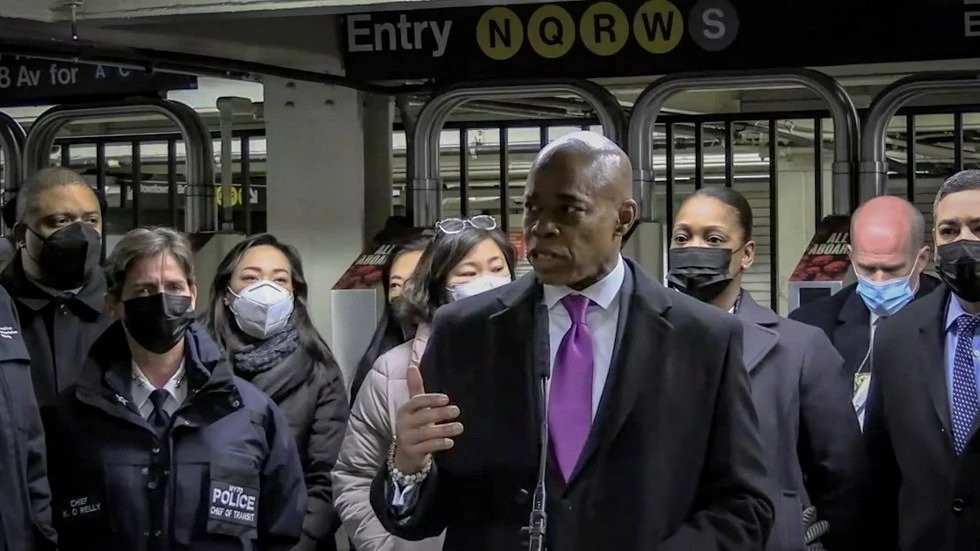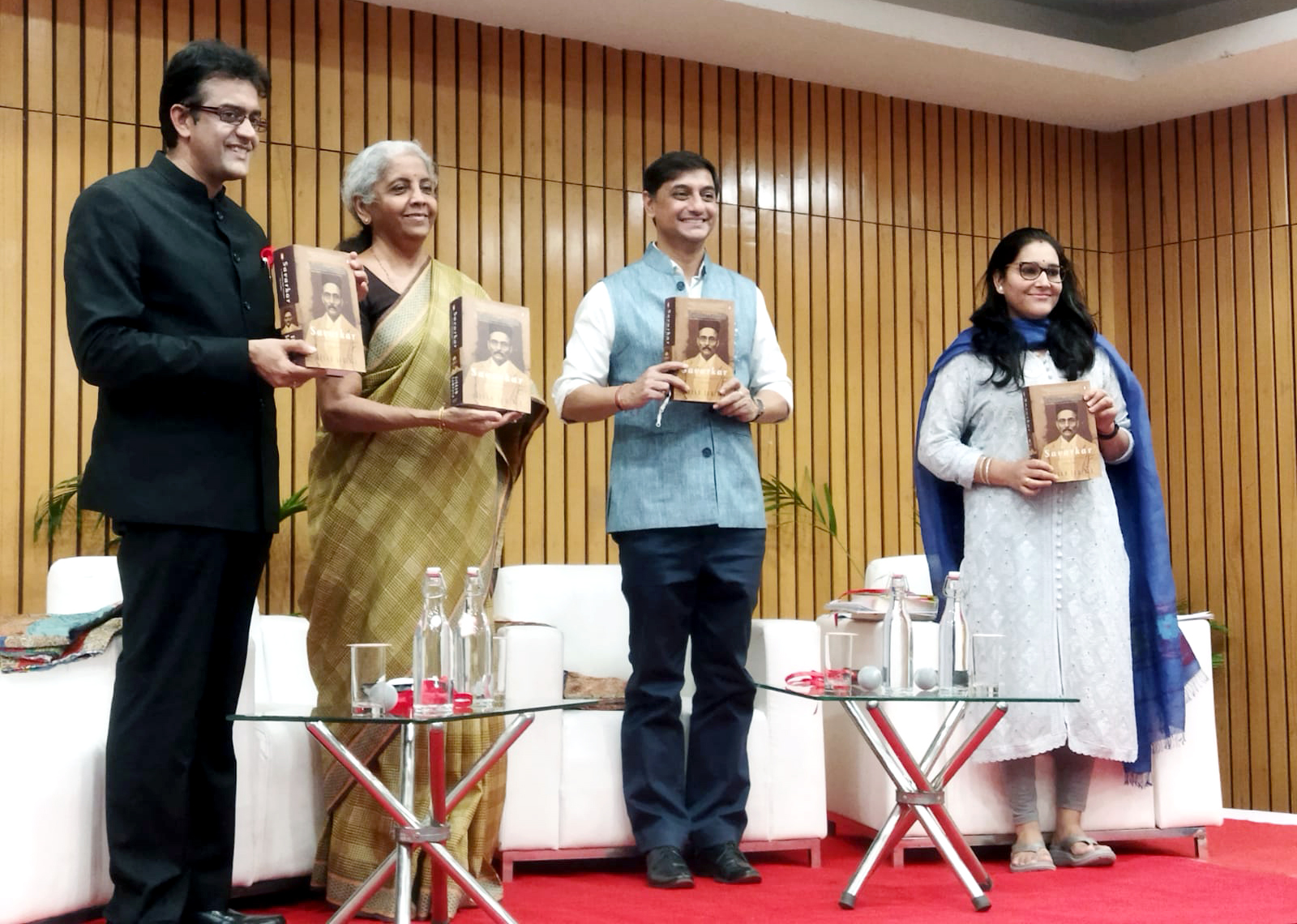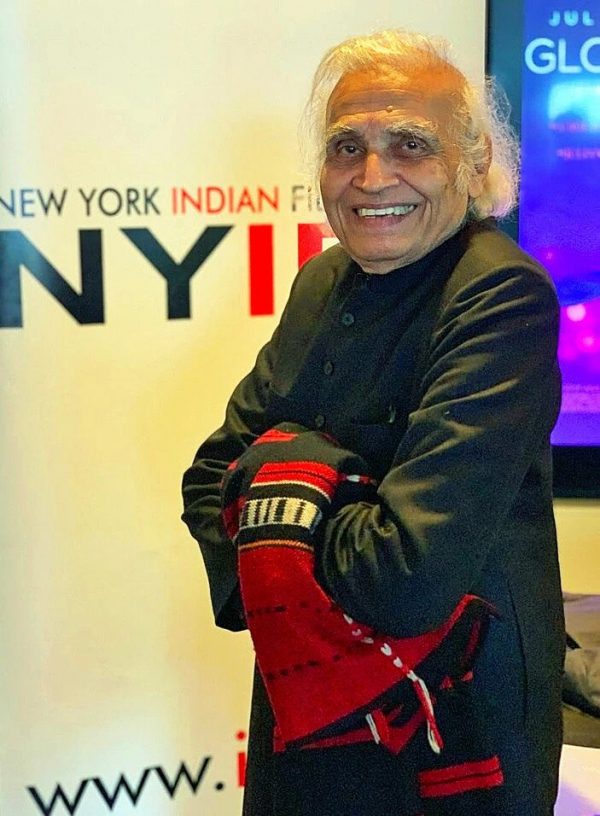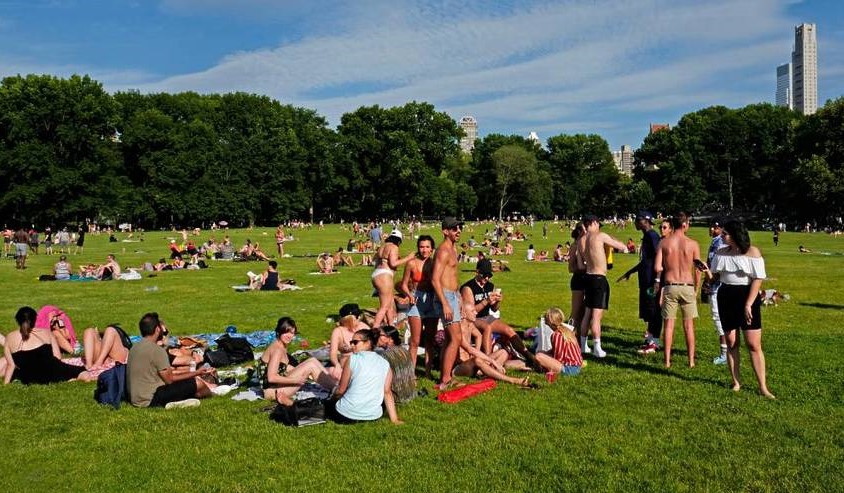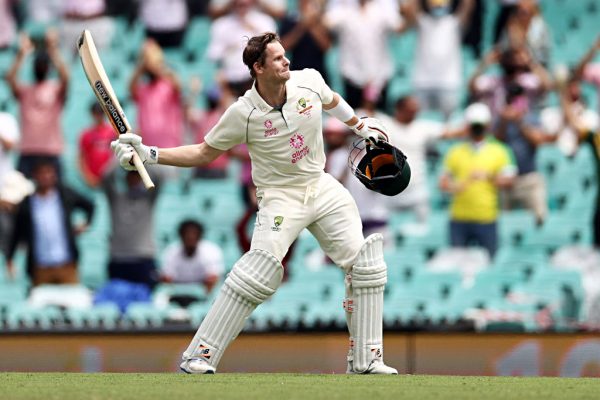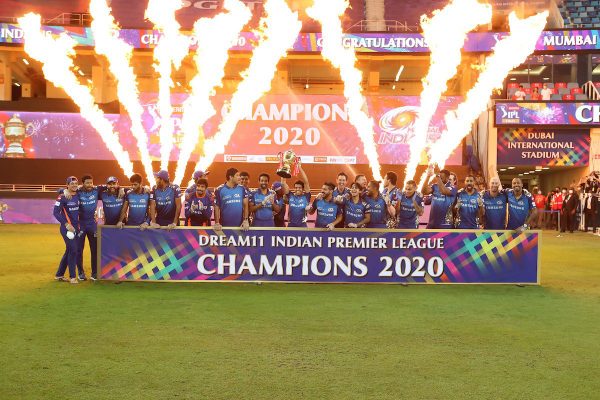Views and opinions from the top commentators in Indian media
“In a globally connected world we will have opinions on everything from Donald Trump to Black Lives Matter to the coup in Myanmar, and yes, the farmers’ protests in India. We are free to ignore those opinions or rebut them but it’s pointless to go apoplectic about them. Rihanna is neither India’s Enemy No. 1 nor is she some newly-minted patron saint of rural distress but the over-the-top reaction to her tweet has certainly made the farmer issue a red-carpet issue. Even Vogue Magazine UK is now covering it.
In the end it’s irrelevant what Rihanna thinks. The real question is not how dare Rihanna (or whoever) tweet about Indian farmers. The bigger question is why so many of our cultural icons (with the exception of a handful like Priyanka Chopra, Sonakshi Sinha, Sonam Kapoor and South Indian stars like Prakash Raj and Vishal) had to wait for the likes of Rihanna to tweet before they ventured to voice an opinion, whether supporting or opposing, on an issue that is, as one Bollywood celebrity put it in his #IndiaTogether tweet, about farmers aka “the backbone of India.”
— Sandip Roy, The Times of India
Farmers Movement
“The second, more serious accusation put out by the government is that the movement has been penetrated by separatist elements, even as journalists face seemingly coordinated accusations of sedition. This takes the debate away from the specifics of the farm laws to nationalist terrain, which is always the government’s preferred battleground. But cricketers tweeting for unity will not win the absurd battle against three young women overseas. So, it is the government that now risks being portrayed as the intransigent party.
“If it wants to regain the initiative, it must regain credibility, just as the Manmohan Singh government needed to do in 2011-12 on corruption. And not just with farmers but also with other sections of the citizenry who have come to believe that those ruling in Delhi no longer represent them. That means the government must look for broader acceptance of its laws even if it can enact them without difficulty, since it now controls both houses of Parliament. This larger national narrative is what needs addressing.”
— T N Ninan, The Print
Sports and politics
“When sports organizations are captured by politicians, the players regulated by them run the risk of becoming clients of the netas who happen to run the nation state at the time.
The principle of sporting autonomy, the idea of a necessary distance between the State and its sportsmen, might have been a liberal conceit but it was an enabling fiction. In its absence, we had Dhoni and Kohli wooing the nation in military fatigue caps, performing patriotism.
Once cricketers cross that line, once they go from playing for the country to role-playing for the Nation, there is no going back. They will be asked to reprise those roles. Having played at being soldiers, they will, for instance, be conscripted by their political patrons to defend the nation against Rihanna, to man Twitter’s trenches against the Barbadians at our gates. The next time politicians decide to use India’s cricketers as extras in some nationalist drama, the Nation won’t ask which of them tweeted; It will ask which of them didn’t.”
— Mukul Kesavan, The Telegraph
Battle for Delhi
The farmers’ movement has now begun to erase these sub-identities in favor of a larger one – the farmer identity (which includes the landless laborer, the artisan, even the village shopkeeper). There will be only one identity now, one concern and one demand. With nothing to divide, the Great Divider will not be able to rule: it was a lesson the British had finally learnt, and the BJP will now learn it the hard way.
The game has changed, but the farmers have made it clear that the rules have not – winner takes all. This rule had been made by an arrogant and over-reaching government and it may just come back to bite it.
The nails on the road at Ghazipur could well be the nails in the BJP’s coffin. The pampered and indifferent upper middle classes of Delhi can now live-in peace – the battle has been taken away from them, they no longer count.
— Avay Shukla, The Wire
Every week, we look at what the top commentators in the Indian media are talking about and bring to you a slice of their opinions and comments
















